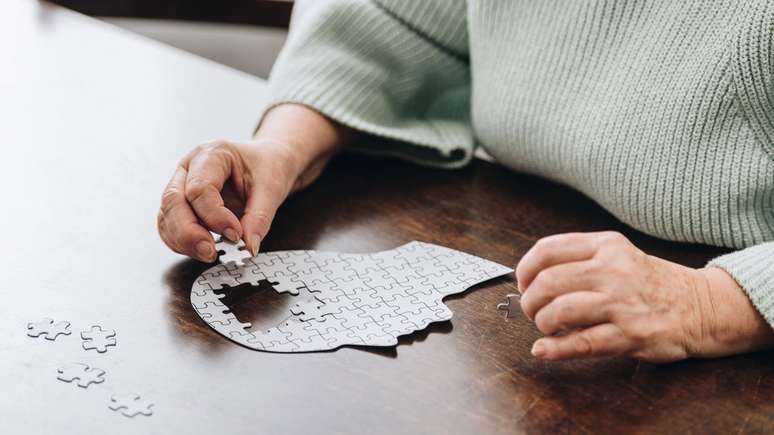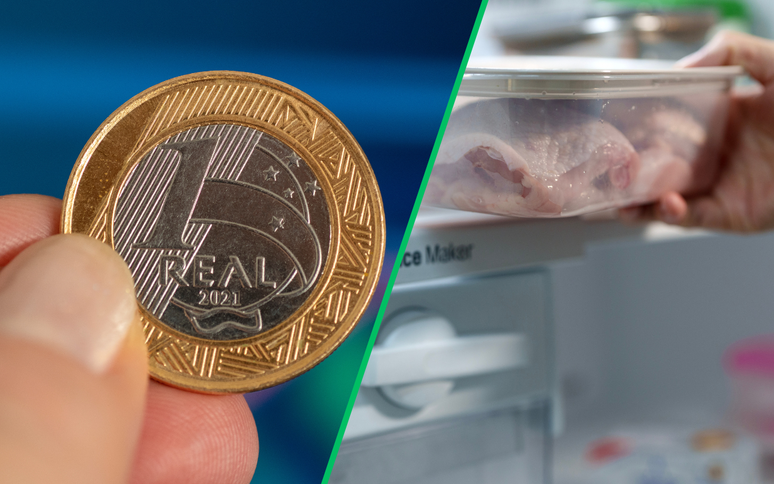Canadian research shows an impact on the insertion of different experiences in everyday life; Find out how you can make your daily life more stimulating
Small changes in the routine can make a difference in memory, in general well -being and even the perception of the passage of time. Although it seems obvious, this discovery has been subjected to scientific evidence through research, published in the magazine “Scientific relationships‘, Which shows how important it is to health to include new experiences in everyday life.
Memory search
Scientists of University of TorontoIn CanadaHe took advantage of the pandemic COVID-19 As an opportunity to study the effects of a routine marked by the lack of diversity and changes in memory and mood, as well as to evaluate the impact of the insertion of different events in daily life.
For this, they selected a group of 18 healthy elderly people. These have acquired a guide for eight weeks to have a different experience every day, for example a walk in the park. Both routine and extraordinary events obtained a registration with an audio and video mobile app, also reporting the emotional status of the volunteers.
Discoveries on memory
At the end of the follow -up, the unique events were remembered with a much larger wealth of details. In addition, their increase in routine has been associated with the improvement of well -being, the positive affection, the less boredom and the sense of perception of the passage of time.
According to the authors, although routine is important to organize daily life, these non -routine experiences can break monotony. It has the description of a negative emotional state. That is, it generates inability to engage with the environment, which can increase anxiety and depression.
Mental health
For the doctor Sley Tantigawa GuimarãesPost -laurea coordinator in Lifestyle Medicine of Hospital Israelita Albert EinsteinThis underlines the importance of challenges in our daily life and is associated with the role of stress. “Although it usually has a bad connotation, it is necessary for a certain extent, because when there is nothing to solve, no challenge to be dealt with, we get bored and this is not good for mental health and well -being. To feel good, the brain must be engaged in activity, to be stimulated.”He says.
That’s why, when there are no great news and if there is the feeling of always living the same, the hours are more dragged. According to Guimarães, this can also happen when you are involved in activities that only give immediate pleasure, such as spending hours on social networks.
Create memories
“These activities produce a discharge of dopamine into the brain that gives a false sense of pleasure, but, since in reality there is no challenge, that feeling that the days, months and even the years have passed and we have not realized” “explains. “It is the emotion that helps to create memories.”
And to stimulate the brain and form good memories, you don’t have to do anything extraordinary, like a great journey: it can be learning a tool, reading a book, making a different way, learning a language, practicing physical activity or socializing. “All this helps to feel pleasure, brings positive affection, takes us out of the comfort area and leads us to live with other people.”It ends.
In addition to the immediate improvement of mood and well -being, in the long term these small breaks in the routine can stimulate attention, focus and memory. It is worth remembering that, especially in the elderly, insulation and lack of activity is a risk factor for mental decline – and the results of the study open a possibility of intervention for this audience.
*Text by Gabriela Cupani, of the Einstein agency
Source: Terra
Ben Stock is a lifestyle journalist and author at Gossipify. He writes about topics such as health, wellness, travel, food and home decor. He provides practical advice and inspiration to improve well-being, keeps readers up to date with latest lifestyle news and trends, known for his engaging writing style, in-depth analysis and unique perspectives.








